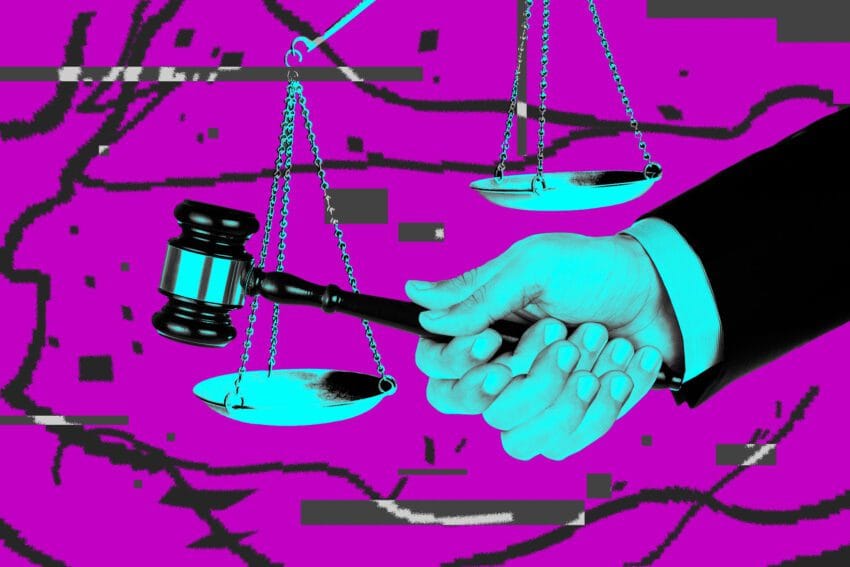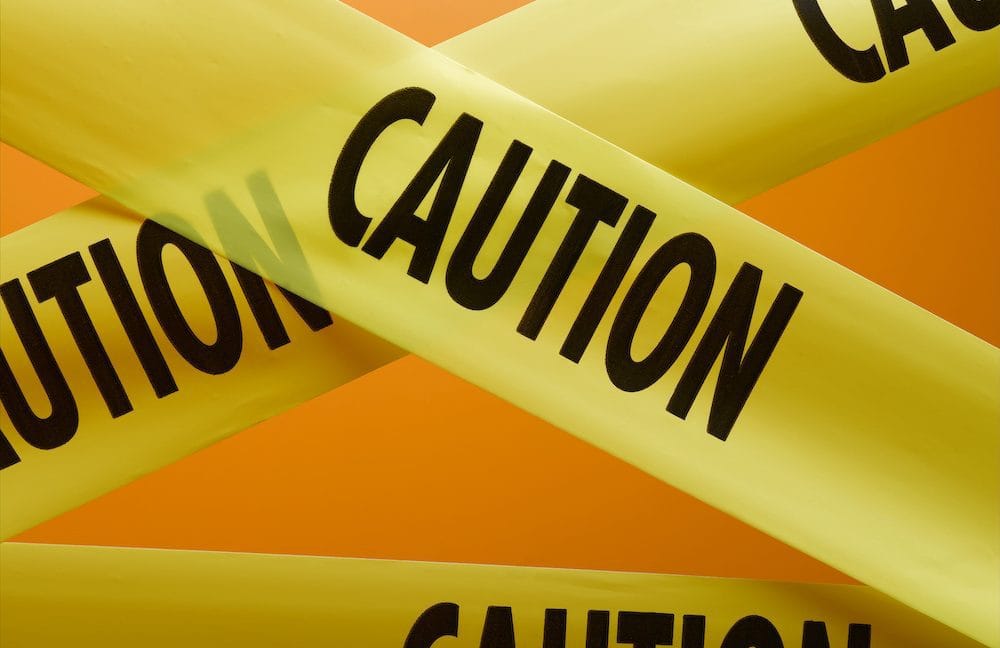
judge puts anthropic s 1 5 billion A federal judge has temporarily halted Anthropic’s proposed $1.5 billion settlement regarding a class action lawsuit over book piracy allegations.
judge puts anthropic s 1 5 billion
Background of the Case
The class action lawsuit against Anthropic, an artificial intelligence company, was initiated by a group of U.S. authors who claimed that the company had unlawfully trained its AI models using copyrighted material. Specifically, the authors alleged that Anthropic utilized hundreds of thousands of books without proper authorization, infringing on their intellectual property rights. This lawsuit is part of a broader conversation about the ethical and legal implications of using copyrighted works to train AI models, a topic that has garnered significant attention in recent years.
In a landmark decision, Judge William Alsup ruled that while Anthropic’s training of its AI models on purchased books could be considered fair use, the company could still be held liable for using works that were illegally downloaded. This ruling underscored the complexities surrounding copyright law in the age of artificial intelligence, where the lines between fair use and infringement can often be blurred.
The Settlement Proposal
Last week, Anthropic proposed a settlement of $1.5 billion, which was intended to compensate authors and publishers for the alleged misuse of their works. Under the terms of the settlement, authors and publishers would receive approximately $3,000 for each covered work. Reports indicated that around 465,000 books would fall under this settlement, making it one of the largest settlements in a copyright infringement case involving AI.
However, the settlement proposal has not been without its criticisms. During a recent hearing, Judge Alsup expressed significant concerns regarding the agreement’s terms, particularly about how class action lawyers might negotiate a deal that could disadvantage authors. He raised the alarm that such negotiations could lead to a situation where authors are coerced into accepting terms that may not be in their best interest. “I have an uneasy feeling about hangers on with all this money on the table,” Alsup stated, highlighting the potential for exploitation in the settlement process.
Concerns Raised by the Judge
Judge Alsup’s apprehensions were not limited to the potential coercion of authors. He also emphasized the need for clarity regarding the claims process outlined in the settlement. The judge requested more detailed information to ensure that the settlement would not inadvertently open the floodgates for additional lawsuits against Anthropic. He specifically asked for a solid number of books covered by the settlement to prevent other claims from “coming out of the woodwork.” This concern reflects a broader issue in class action lawsuits, where settlements can sometimes lead to unforeseen legal complications.
Furthermore, Judge Alsup insisted that class members must be given “very good notice” about the case to ensure that all affected authors are adequately informed and can participate in the settlement process. This requirement highlights the importance of transparency and communication in legal proceedings, particularly in cases involving large groups of plaintiffs.
Industry Reactions
The reaction from the publishing industry has been mixed. Maria Pallante, CEO of the Association of American Publishers, which supports the authors’ lawsuit, criticized Judge Alsup’s comments. She argued that he demonstrated a “lack of understanding of how the publishing industry works.” Pallante emphasized that class actions are designed to resolve disputes, not to create new ones among the very authors who have been harmed. This perspective underscores the complexities of navigating legal frameworks in a rapidly evolving digital landscape.
On the other hand, Justin Nelson, an attorney representing the authors, expressed confidence in the settlement process. He stated that the lawyers involved “care deeply that every single proper claim gets compensation.” This sentiment reflects a commitment to ensuring that authors receive the justice they deserve, even amidst the uncertainties surrounding the settlement.
Implications for the Future
The outcome of this case could have significant implications for the future of copyright law, particularly as it pertains to the use of copyrighted materials in AI training. As artificial intelligence continues to evolve, the legal frameworks governing its use will need to adapt to address the unique challenges posed by this technology. The Anthropic case serves as a critical test case in this regard, potentially setting precedents for how similar disputes will be handled in the future.
Moreover, the case could influence how AI companies approach the use of copyrighted materials. Companies may need to reevaluate their practices and ensure that they have the necessary permissions to use such works, or risk facing similar legal challenges. This could lead to a more cautious approach in the industry, where companies prioritize compliance with copyright laws to avoid costly lawsuits.
Next Steps
Judge Alsup has scheduled another hearing for September 25th to revisit the settlement proposal. During this hearing, he will assess whether he can approve the settlement, stating, “We’ll see if I can hold my nose and approve it.” This statement reflects the judge’s ongoing concerns about the settlement’s terms and the need for further examination before moving forward.
The upcoming hearing will be crucial in determining the fate of the settlement and the broader implications for authors and the publishing industry. If the settlement is approved, it could pave the way for other similar cases, potentially leading to a wave of settlements in the realm of copyright infringement involving AI. Conversely, if the settlement is rejected or significantly altered, it could force Anthropic and other AI companies to reconsider their strategies for training models and using copyrighted materials.
Conclusion
The legal battle between Anthropic and the authors represents a significant moment in the intersection of technology and copyright law. As the case unfolds, it will be essential to monitor the developments closely, as they could shape the future landscape for both authors and AI companies. The outcome will not only impact the parties involved but could also set important precedents for how copyright issues are addressed in the age of artificial intelligence.
Source: Original report
Was this helpful?
Last Modified: September 10, 2025 at 3:39 am
4 views















